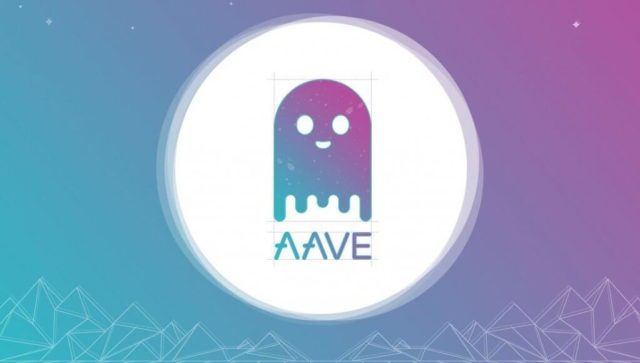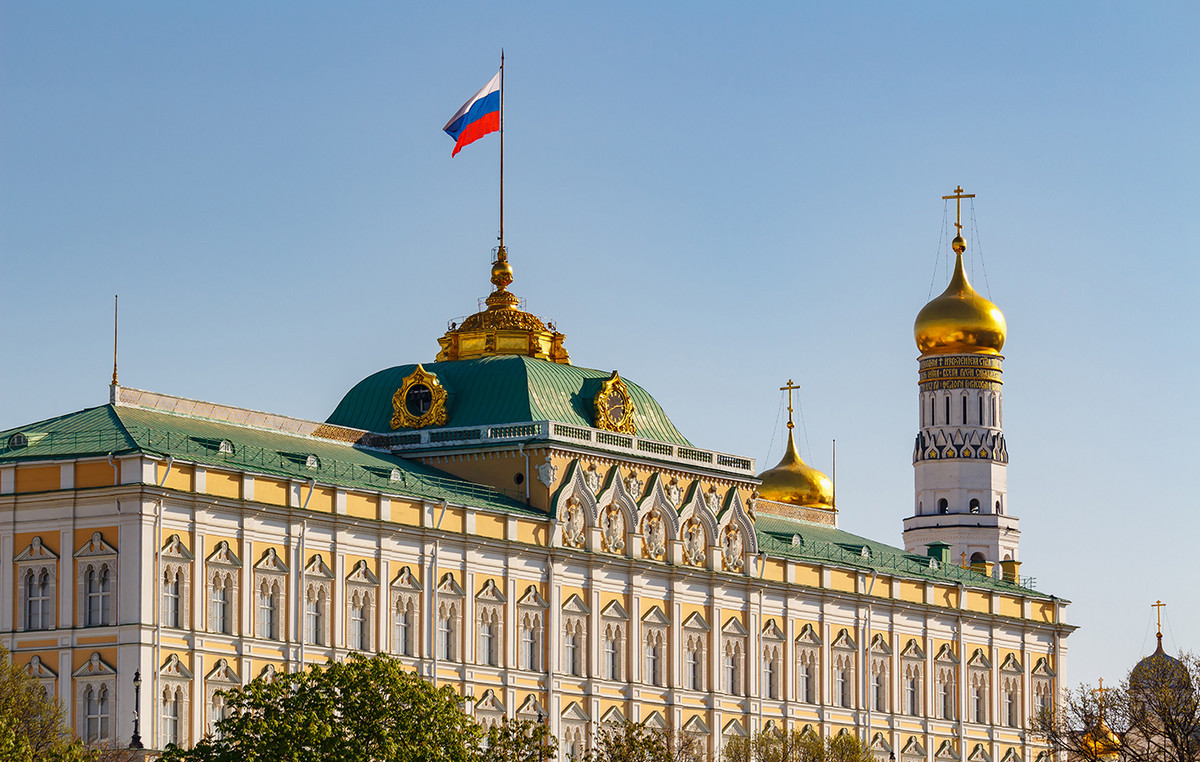English journalist Dom Phillips and Brazilian indigenist Bruno Araújo Pereira had been missing in Atalaia do Norte, in Vale do Javari, in Amazonas, since June 5th.
Amarildo Oliveira da Costa, known as Pelado, suspected of participating in the disappearance confessed to having participated in the murder of the duo. There is still a lack of expertise, which analyzes the remains found at the scene, to confirm the deaths.
Specialists and professionals working in the Amazon say that crime in the region puts the lives of indigenous peoples and the local population at risk.
The deaths of Phillips and the indigenist enter a dark chapter in Brazilian history.
The Legal Amazon, which expands beyond the Amazon and encompasses the states of Pará, Maranhão, Tocantins, Mato Grosso, Rondônia, Acre, Roraima and Amapá, is a region rich in biodiversity and home to numerous indigenous communities – the Javari Valley is the place with the highest concentration of uncontacted peoples in the world.
Due to its wealth and location, bordering seven countries, it is a target for prospectors, land grabbers, drug traffickers, loggers, fishermen and illegal hunters.

Defenders of the region and its people are constantly being targeted by these criminals. Threats against people who work in the region of Atalaia do Norte, where the indigenist and the English journalist disappeared, have been growing, according to Soraya Zaiden, coordinating assistant for the Union of Indigenous Organizations of the Javari Valley (Univaja), in an interview with CNN .
“We have seen this increase. From anonymous threats, even some threats that happened with violence,” she stated.
Pereira was one of the targets of these threats, and Phillips was also active in the region, reporting in international reports on the problems faced by indigenous peoples and other peoples under the pressure of criminal exploitation in the area.
When it reported the disappearance of the pair, Univaja (Union of Indigenous Organizations of Vale do Javari) cited alleged threats suffered by the pair.
“In the week of the disappearance, according to reports from Univaja employees, the team received threats in the field. The threat was not the first, others were already being made to other members of the Univaja technical team, in addition to other reports already made official to the Federal Police, the Federal Public Ministry in Tabatinga, the National Human Rights Council and Indigenous Peoples Rights. International,” the statement read.
Remember cases of activists who died in defense of the forest.
Zé Cláudio and Maria (2011)

The couple of chestnut groves and environmentalists José Cláudio Ribeiro and Maria do Espírito Santo also died fighting for the Amazon. On May 24, 2011, they were ambushed in Nova Ipixuna, Pará.
Months earlier, in November 2010, José Cláudio said, in a lecture, that he was living with “a gun to his head”. The case had great national repercussion.
The mastermind of the crime, José Rodrigues Moreira, was sentenced to 60 years in prison in 2016, but has been on the run ever since.
THE CNN sought out Zé Cláudio’s sister, Claudelice dos Santos, and she agreed to give an interview, provided that she did not reveal which city in Pará she was in at that moment.
“When a murder like that of Dom and Bruno happens, just the fact of talking to the press about the case to have repercussions, we are already suspicious, we need to do a self-protection that, because the State does not protect us”, he says.
In late 2019, a note was placed in Claudelice’s mother’s mailbox saying they were going to kill the rest of the family and that they weren’t kidding. A year later, Claudelice reveals that her daughter was driving her car and was chased by a truck with the intention of terrorizing, as if she wanted to close the vehicle for an ambush.
Since then, she explains that she doesn’t stay in one place for long and never uses the same paths to get back and forth. Zé Claudio’s sister spoke about how the family relived the disappearance of Dom Phillips and Bruno Araújo.
“It’s very strong, it’s very similar. There are many points that are very similar to the case of Zé Cláudio and Maria. Even my mother felt sick yesterday with the death of Dom and Bruno”, she says.
We are completely in shock. I am already at the level of stress, mixed with fear, with terror… This State is what created this atmosphere of fear in the people. In the countryside and in the forest, the dismantling caused by the State leaves us even more vulnerable
Claudelice dos Santos
For Claudelice, the case of Dom and Bruno proves that the State is incapable of looking, listening and protecting human and environmental rights defenders. Including his allies, because Bruno was a government servant.
“What about the boy, who was also a servant, who was murdered earlier? And how many others are also in the same situation at the same moment denouncing that they are going to die and suffering attacks. All in a very similar way. Why doesn’t the state investigate when they’re alive? Then when he dies, he makes a collective”, he says.
After almost five years on the run, Lindonjonson Silva Rocha, sentenced to 42 years and 8 months in prison for the murder of the extractivist couple, was recaptured by civil police in August 2020. Alberto Lopes do Nascimento, the other convicted as a gunman of the crime, was sentenced to 45 years in prison and is imprisoned in the capital Belém.
The search for Lindonjonson’s brother, José Rodrigues Moreira, sentenced to 60 years in prison as the mastermind behind the murders and who remains in an unknown whereabouts. According to Civil Police investigations, Rodrigues had purchased two plots of land from within the PAE and was upset by the complaints made by Zé Claudio and Maria.
“Even today, 11 years later and even with all the repercussions, there was no justice for my brother and sister-in-law. And this impunity is fuel for the gunmen, masterminds and intermediaries. Impunity is the fuel for conflicts. And the investigations never get to the real articulations of the deaths. We can no longer allow them to go unpunished. The State only gives what the people want: who carried out the crime.”, laments Claudelice.
Dorothy Stang (2005)

The American missionary Dorothy Stang was murdered in 2005. Naturalized Brazilian, she belonged to the Congregation of the Sisters of Notre Dame de Namur and worked at the Pastoral Land Commission (CPT), in Anapu, Pará.
Despite being threatened with death, Dorothy continued with her pastoral activity and sought to generate employment and income with reforestation projects in degraded areas, together with rural workers in the area of the Transamazon Highway. She also fought for the reduction of agrarian conflicts in the region.
The nun was shot six times in lot 55 of the Sustainable Development Project (PDS) – Esperança, in 2005. The murder, motivated by a land dispute, was ordered by farmers Vitalmiro Bastos de Moura, known as Bida, and Regivaldo Pereira Galvão, known as Taradão.
Galvão was sentenced to 30 years in prison for ordering the missionary’s death in 2011 and arrested in 2012. His sentence was reduced to 25 years and was released in 2018 by injunction (provisional decision). In 2019, he was arrested again by determination of the STF (Supreme Federal Court). The others involved in the crime were tried and sentenced to sentences ranging from 17 to 27 years in prison.
From 2005 to 2019, according to data from the CPT Dom Tomás Balduino Documentation Center, there were 23 murders in rural conflicts in the municipality of Anapu.
Chico Mendes (1988)

Defender of human rights, respect for the forest and rubber tappers, Chico Mendes was a political leader in Xapuri, in the state of Acre.
Born in 1944, in the rubber plantations of Puerto Rico, near the border between Acre and Bolivia, Mendes spent his childhood and youth with his rubber tapper father.
From an early age, he lived with injustices and situations of exploitation associated with the economic activity of rubber extraction in the Amazon.
In 1983, he was elected president of the Xapuri Rural Workers Union. The position intensified his struggle for workers’ rights and for the defense of the forest.
Two years later, Mendes led the organization of the first National Meeting of Rubber Tappers. More than 100 professionals created the National Council of Rubber Tappers as a representative entity and created an original proposal for agrarian reform: the Extractive Reserves.
The fruits of the labor resulted in international recognition, which increased the visibility of Chico Mendes’ causes, while making him a target for criminals.
On December 22, 1988, in an ambush at the back of his house, he was murdered at the behest of Darly Alves, a land grabber with a history of violence in several places in Brazil.
Darly and her son Darci Alves were sentenced in 1990 to 19 years in prison in a closed regime. They escaped from prison in 1993, and were recaptured in 1996. In 1999, Darly began serving the remainder of the sentence under house arrest and Darci, in the same year, won the right to serve the remainder of the sentence in a semi-open regime.
(With information from the Pastoral Land Commission and the Chico Mendes Memorial)
Source: CNN Brasil







